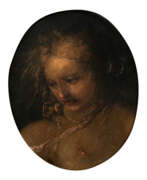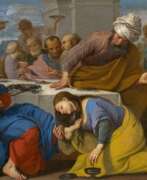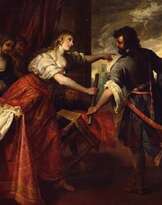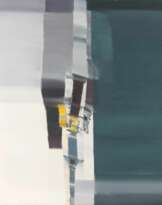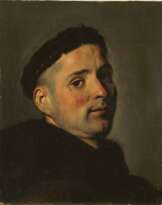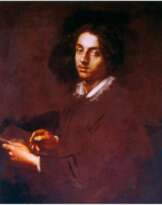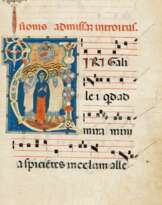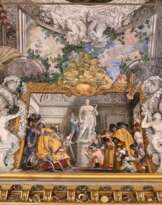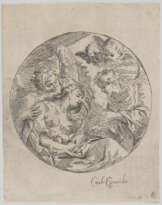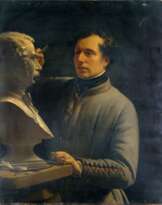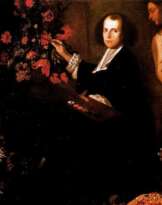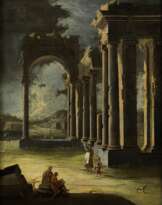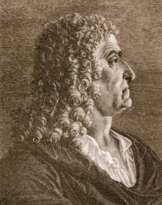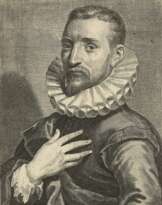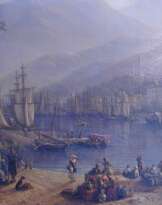Gregorio Lazzarini (1657 - 1730)
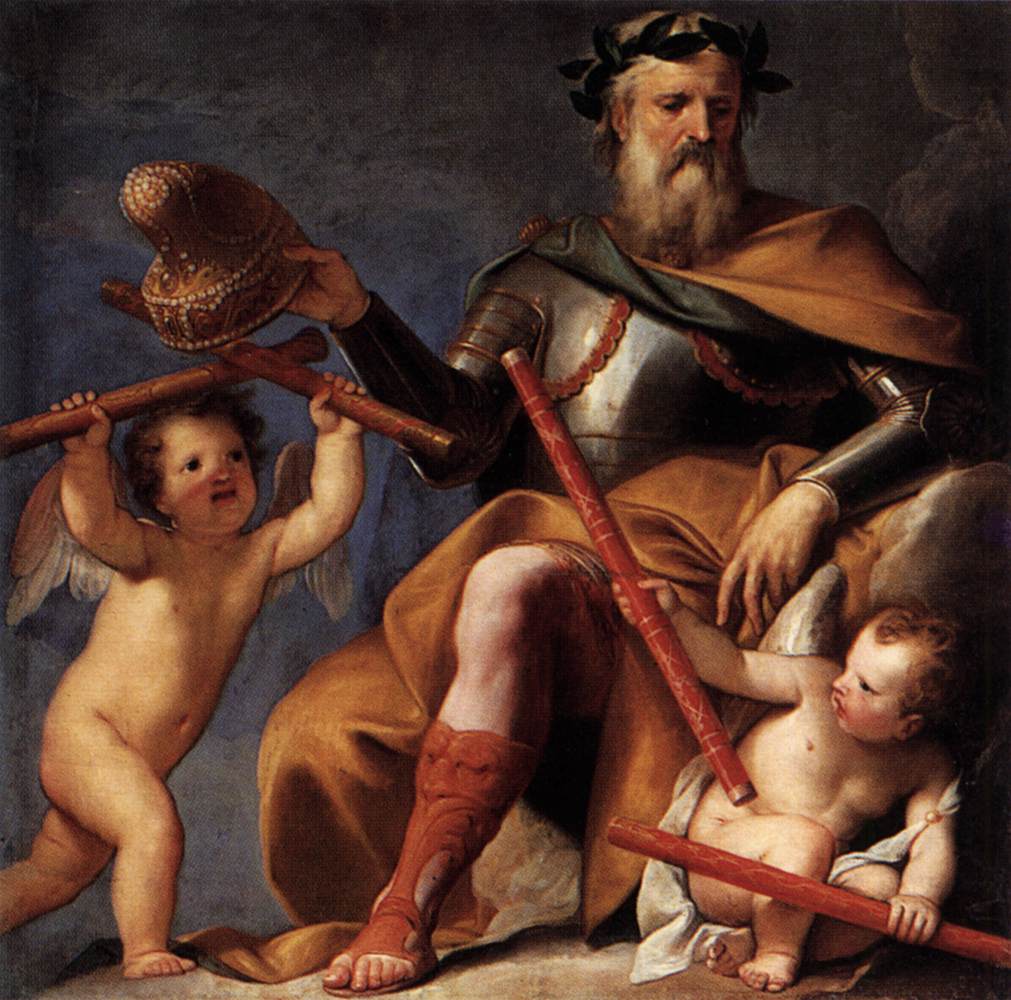
Gregorio Lazzarini
Gregorio Lazzarini, an Italian painter, was a prominent figure in the Venetian art scene, known for his religious, mythological, and historical paintings, as well as portraits. Lazzarini was highly regarded for his academic style, which blended the solidity of Emilian Baroque with the vibrant colors of the Venetian school.
Active primarily in Venice, Gregorio Lazzarini's works can be found in significant locations such as the Sala dello Scrutinio of the Doge’s Palace and the Sala San Tommaso at the basilica of Santi Giovanni e Paolo. His ability to impart comprehensive artistic knowledge made him a sought-after teacher, with notable pupils including Giovanni Battista Tiepolo.
For collectors and art experts, Gregorio Lazzarini's paintings offer a glimpse into the transition of styles from Baroque to the emerging Rococo, showcasing a blend of rigorous academic technique and the luminous color palette characteristic of Venetian art. His influence extended to many students, marking him as a key figure in the development of 18th-century Venetian painting.
To explore more about Gregorio Lazzarini and view his artworks, interested individuals are encouraged to engage with art historical resources and subscribe to updates from art institutions that feature his work, ensuring access to the latest research and opportunities to view his art in exhibitions or sales.
| Date and place of birt: | 1 july 1657, Venice, Italy |
|---|---|
| Date and place of death: | 10 november 1730, Badia Polesine, Italy |
| Nationality: | Italy |
| Period of activity: | XVII, XVIII century |
| Specialization: | Artist, Painter, Portraitist |
| Art school / group: | Venetian school |
| Genre: | History painting, Portrait, Religious genre |
| Art style: | Academism, Baroque, Old Masters |

